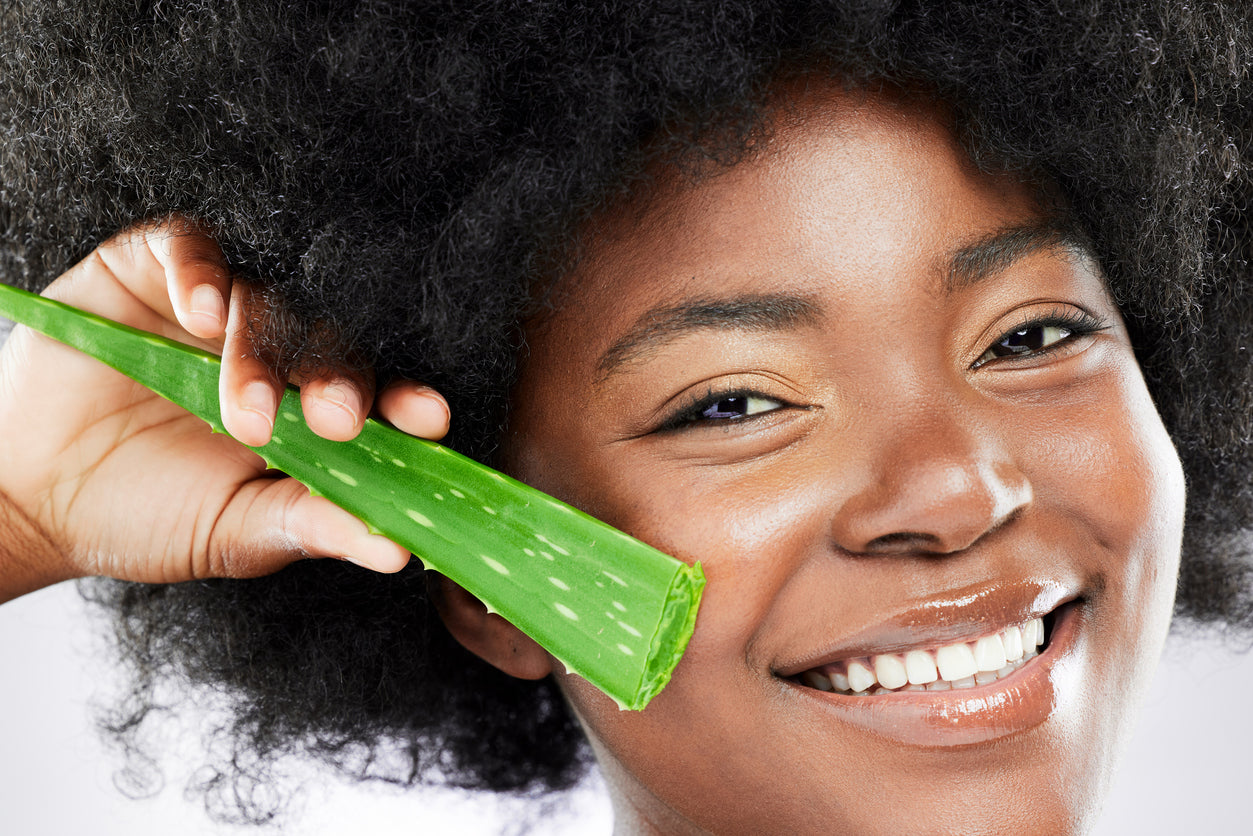Stress, it's a common human condition that everyone deals with at some point throughout our lives. Stress is often thought of as something that only affects our mental state; however, that's not true. Our entire body is affected by stress: mind, body, and emotion. Our skin, hair, and nails are also at risk from the effects of stress. Let's talk about the Mind-skin connection!
The Mind-Skin Connection
Our bodies respond to changes in our psychological state. Conditions like depression, anxiety, and stress can cause new skin issues to develop and make current problems flare-up. When we experience stress, our sympathetic nervous system releases stress hormones such as adrenaline and cortisol into our bodies.
Cortisol causes the oil production in our skin glands to increase, leading to clogged pores and acne breakouts. Chronic stress is constant, and it leads to a continual increase of those hormone levels that negatively impact our health include our skin's health.
Psychological conditions will cause an increase in internal inflammation. Anything that our body perceives as a threat triggers an inflammatory response to handle the situation. Inflammation can help protect and heal our bodies from things like wounds and microbes. However, when our body is under stress, it causes our immune system to overreact in quite dramatic ways.
If you haven't guessed it already, stress-related inflammation can affect our gut-skin connection. You see, everything is connected. Stress impacts the natural balance of bacteria in our gut, leading to another round of inflammation released. Internal inflammation can turn outward and manifest itself as skin conditions; acne, eczema, and psoriasis flare-ups. People who suffer from chronic inflammatory skin conditions like eczema are more sensitive to outbreaks during times of stress.
How Stress Affects Your Skin
Our skin is affected in several different ways.
- Cortisol leads to the overproduction of sebum, causing acne breakouts.
- The impact stress has on our immune system causes our skin to be more reactive and sensitive. We're more prone to rashes, hives, and skin irritation.
- Stress only makes existing inflammatory skin conditions worse.
- Stress can lead to nervous or anxious feelings that result in us picking or scratching our skin.
Tips For Keeping Your Skin & Mind Stress-Free
OK, we can't say that you'll be stress-free completely but, we can say that these tips will help you handle any situations dealing with skin and stress.
Maintain a Good Skin Care Routine Daily
Having a healthy skincare routine that you practice daily is essential. We know stress is a downer, and it's often accompanied by feeling tired but keep at it anyway. Push on further and try to do the best you can for your skin's health. Please don't leave your makeup on, even tho you might feel like you don't care because it will nip you in the bud! Neglecting yourself only makes things worse.
Get Regular Exercise
Exercise releases feel-good hormones that naturally improve mood, energy, and your outlook on things. You might be working your muscles, but your skin will also be reaping the benefits!
A Healthy Balanced Diet
Make sure you include some whole foods in your diet. Plenty of fruits and vegetables will be highly beneficial too. Highly processed, sugar-filled foods and drinks will only trigger more inflammation. Avoid the junk-filled crap and reach for some healthy snacks.
Get Some Sleep
Our body does a lot for us 24-hours a day. While we sleep, it is hard at work trying to repair, restore, and revitalize our entire body. Sleep is essential for our mood, energy levels, cognition, and our skin!
'Me Time'
Even if it's only 15 to 30 minutes a day, taking time for yourself is excellent for our overall health and well-being. Take some time to do you. Read a book, listen to a podcast, meditate, or whatever it is you're into. It can help immensely.
Managing stress can be difficult, but there are ways, and they work. Our entire being is impacted by stress in both a positive and negative way. Remember, a little stress is healthy, but constant chronic stress is harmful!





